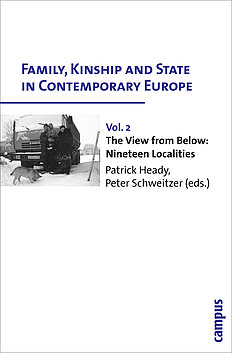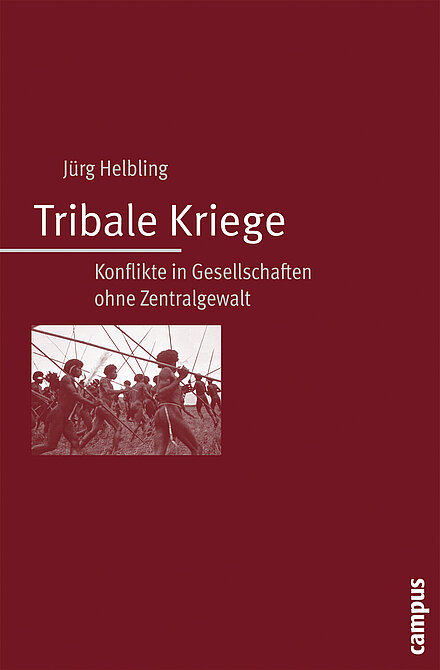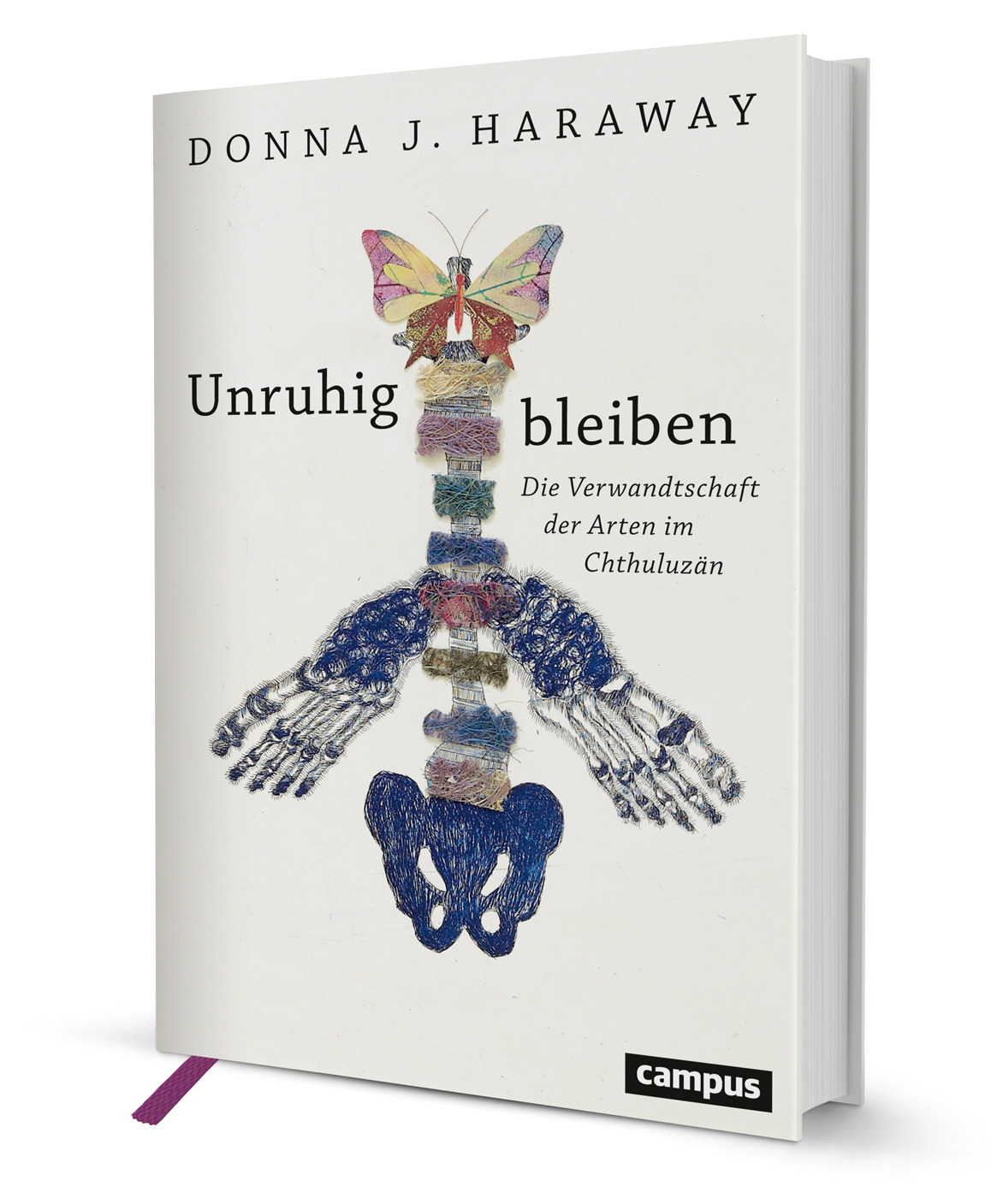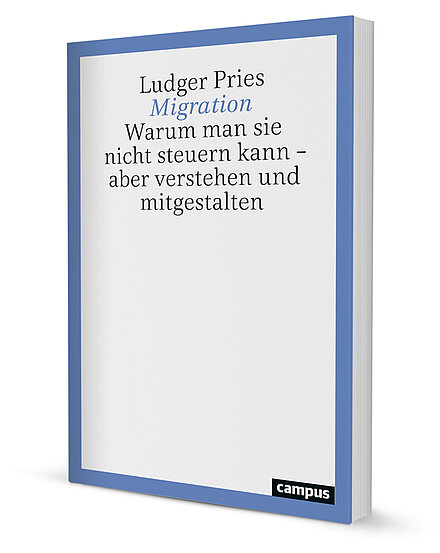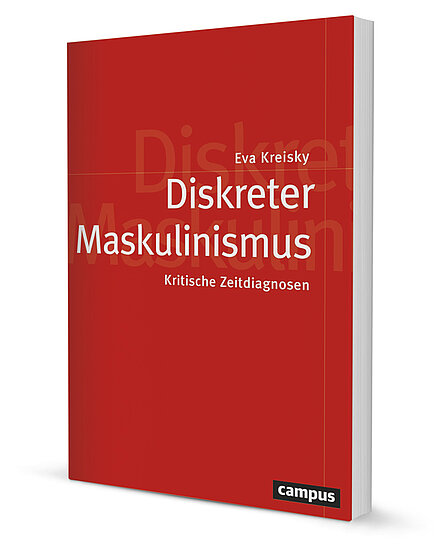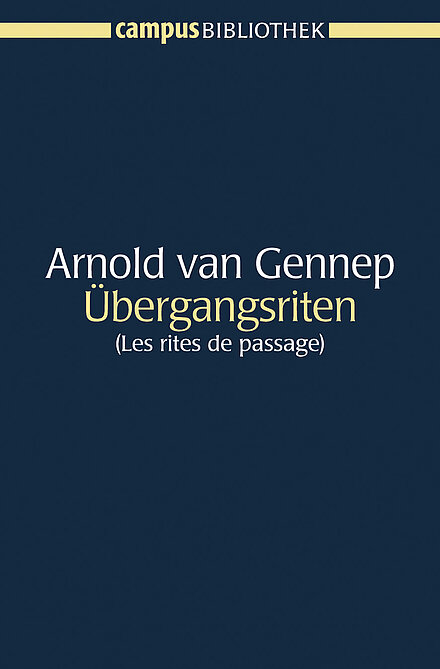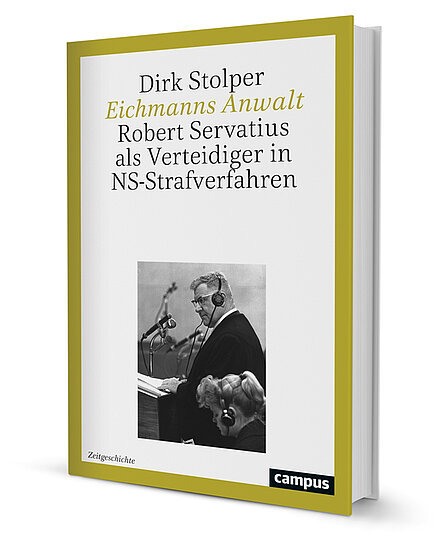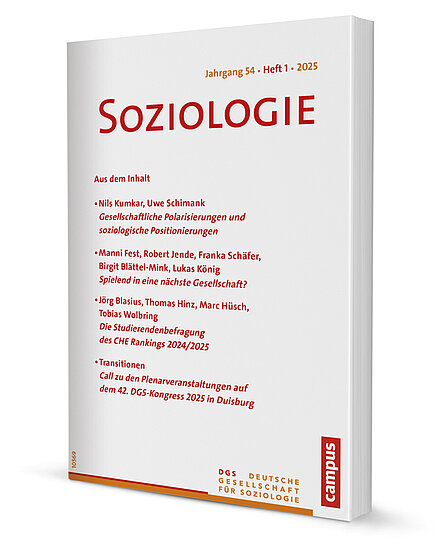Wissenschaft
Wissenschaft
Über das Buch
Kinship is at the heart of European society, sharing with the state responsibility for welfare and social reproduction. But the workings of kinship and their connection to state policies remain controversial. Received theories have had to be revised in the light of social and demographic change and accumulating evidence of long-standing cultural differences. With Family, Kinship and State in Contemporary Europe, the editors and their collaborators have gathered a three-volume array of historical, sociological, and ethnographic data that examine these issues and introduce readers to the types of kin relationships found around contemporary Europe.
In this volume the authors report the findings of a comparative ethnographic study – looking at the local reality of family life, its practical constraints, and the support and control offered by wider kinship and community ties, in nineteen localities across Europe. The ethnographic chapters are placed in context by a quantitative comparison of kinship networks and by opening and concluding chapters focusing on kinship theory and the sustainability of kinship and community ties.
List of Contributors:
Laurent Amiotte-Suchet, Georges Augustins, Astrid Baerwolf, Tuba Bircan, Danijela Birt, Michal Buchowski, Carlo Capello, Sophie Chevalier, Nevill Colclough, David Gaunt, Simone Ghezzi, Siegfried Gruber, Patrick Heady, Izabella Kolborn, Monika Kwiecinska-Zdrenka, Carolin Leutloff-Grandits, Claudio Lorenzini, Vanessa Manceron, Hans Marks, Alexander Nikulin, Constantin Poleshuk, Elizaveta Polukhina, Tihana Rubic, Peter Schweitzer, Martine Segalen, Gertraud Seiser, Irina Solodova, Anne Sourdril, Agata Stanisz, Elisabeth Strasser, Tatjana Thelen, Anna Turchik
